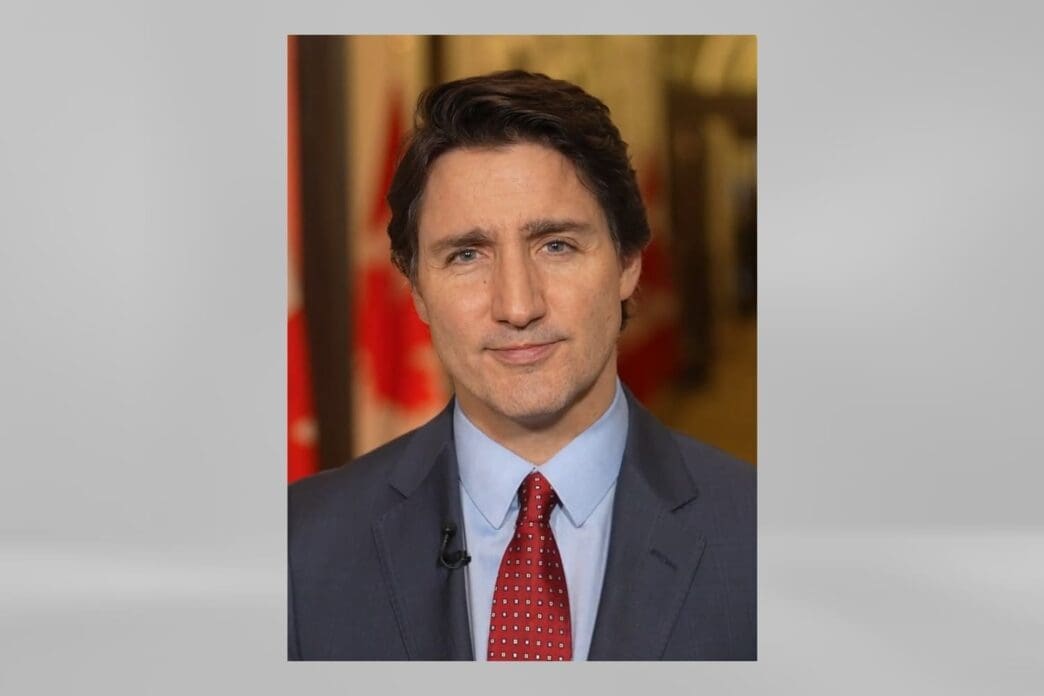Canada finds itself navigating turbulent waters as the ongoing trade dispute with the administration of U.S. President Donald Trump intensifies, threatening to unravel decades of amicable cooperation.
In recent developments, President Donald Trump has initiated a trade conflict against Canada, imposing tariffs that have prompted feelings of betrayal and unease among Canadians. Justin Trudeau, the Canadian Prime Minister, highlighted the severity of the situation, emphasizing the years of unwavering support Canada has provided to the United States, including their joint efforts in Afghanistan and assistance during natural disasters like Hurricane Katrina. Trudeau remarked, “We have always stood by the American people.”
This trade impasse has led to widespread discontent within Canada, extending to cultural spheres such as sports, where a notable backlash has been observed, including the booing of the U.S. national anthem at hockey events. Political figures like Doug Ford, a prominent leader in Ontario, compared the experience to familial betrayal, stating, “It feels like being stabbed in the heart by a family member.” According to Robert Bothwell, a historian at the University of Toronto, the ongoing discord could lead to lasting damage to the historically strong trust between the two nations.
Economically, the stakes are significant. With around CAD 3.6 billion in goods and services crossing the U.S.-Canada border daily and Canada serving as the top export destination for multiple U.S. states, the economic interdependence is profound. However, Trump’s comments about potentially making Canada the ’51st state’ have been perceived as derogatory, implying a disregard for Canada’s sovereignty. Daniel Beland, a political science professor at McGill University, emphasized how the current U.S. policies are harming relations, saying, “What Trump is doing is unprecedented and deeply damaging.”
Consumer behaviors in Canada reflect this strained relationship, with many opting to buy Canadian products over American ones and reconsidering U.S. travel plans. The United States Travel Association acknowledged the potential impact on U.S. visitor numbers, given that Canadians are the largest group of international travelers to the country.
While Trump temporarily suspended the planned tariffs, the relief among Canadians was minimal. Bruce Arthur, a columnist for the Toronto Star, criticized the tariff pause, describing it as “30 days to ruin our economy for the sake of unnecessary border theater.” Meanwhile, Canada is set to implement retaliatory tariffs on U.S. goods, escalating the tension further.
This contentious climate recalls past disputes between the two countries, including historical tensions over Vietnam and Cold War politics. Yet, the current scenario, marked by personal attacks on Canada’s sovereignty and economic stability, feels unprecedented. Trudeau remains cautiously optimistic, hoping for a resolution that respects Canada’s autonomy and bolsters the long-standing partnership.
The trade conflict between Canada and the United States represents a critical juncture in their bilateral relations, one fraught with economic implications and deep-seated feelings of resentment. As both nations navigate these challenging negotiations, the outcome will likely define the trajectory of their alliance for years to come.








